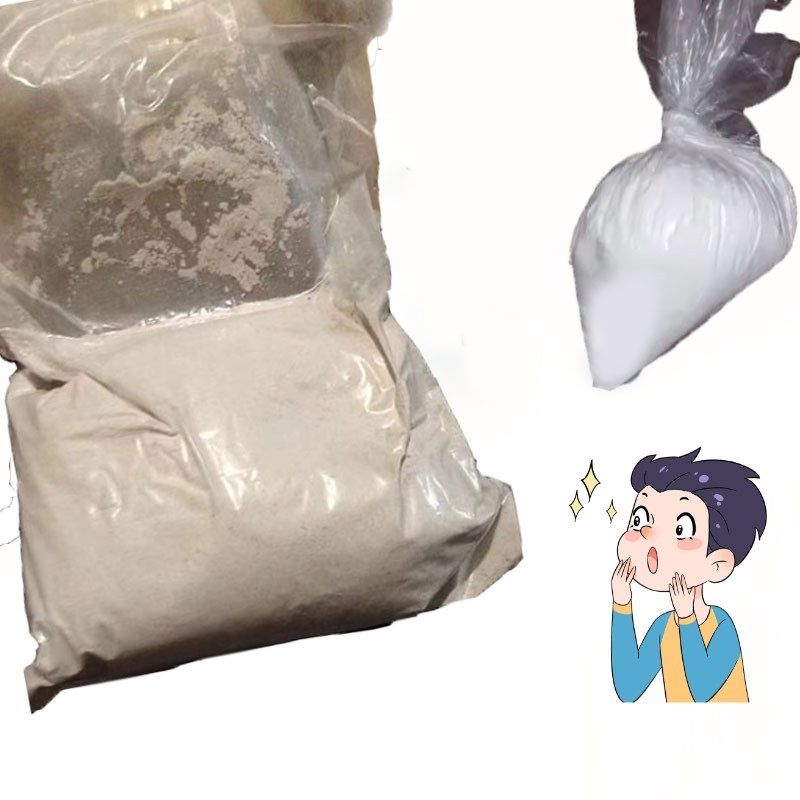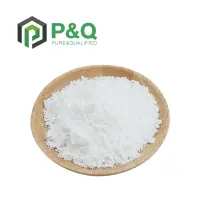-
Categories
-
Pharmaceutical Intermediates
-
Active Pharmaceutical Ingredients
-
Food Additives
- Industrial Coatings
- Agrochemicals
- Dyes and Pigments
- Surfactant
- Flavors and Fragrances
- Chemical Reagents
- Catalyst and Auxiliary
- Natural Products
- Inorganic Chemistry
-
Organic Chemistry
-
Biochemical Engineering
- Analytical Chemistry
- Cosmetic Ingredient
-
Pharmaceutical Intermediates
Promotion
ECHEMI Mall
Wholesale
Weekly Price
Exhibition
News
-
Trade Service
Oct 18, 2020 /--- According to a recent study, excessive drinking may be associated with the onset and severity of Alzheimer's disease.
the Feinstein Institute of Medicine in New York, suggests that excessive drinking may help the accumulation of tau protein in the brain.
Tau is commonly found in neurons in the brain, and under normal circumstances, tau proteins are responsible for regulating the stability of axon microtransc.
the abnormal formation of tau and the formation of plaques have long been considered one of the main features of Alzheimer's disease.
(Photo Source: www.pixabay.com) The study attempts to shed light on how excessive drinking affects the transformation of tau protein from a normal to a pathogenic building society and leads to Alzheimer's disease.
Max Brenner, author of the study and an assistant professor at the Feinstein Institute, said: "Research has shown that heavy drinking is associated with an increase in the early onset and severity of Alzheimer's disease.
reported that alcohol consumption was associated with an increased risk of disease and a younger age of onset, accompanied by atrophy of the cerebral cortique in the affected individual.
addition, our mouse-based studies have shown that long-term drinking can lead to phosphateization of the sea mass neuron tau protein and impaired memory in mice.
"The purpose of this study is to clarify the role of a specific protein that plays a key role in tau proliferation, the cold-induced RNA binding protein (CIRP).
Brenner and his colleagues wanted to understand the activities of cold-induced RNA binding proteins (CIRP) and their associated forms.
, explains Brenner: "CIRP is usually present in the nucleation of cells and helps regulate protein synthesis.
when cells detect potentially harmful conditions, such as alcohol exposure, they release molecules such as CIRP to warn other nearby cells to start preparing for defenses to overcome stress.
warning cells recognize CIRP outside the cell when binding to a specific protein subject.
when alcohol spreads throughout the brain, it triggers a cascading reaction of the CIRP protein.
alcohol is the main factor, eCIRP cascading reactions can occur under other harmful conditions.
" many potentially harmful conditions trigger the release of CIRP, including low oxygen, low temperatures and radiation exposure.
" Alzheimer's disease is the sixth leading cause of death in the United States and the most common form of neurodegenerative dementia.
it afflicts 5.8 million people across the country.
the world, the disease is on the rise endlessly.
estimates that about 50 million people suffer from Alzheimer's and other forms of dementia.
, according to the United Nations, the number of people affected worldwide could reach 152 million by 2050.
brenner and colleagues believe blocking CIRP could prove to be a viable treatment for Alzheimer's disease associated with excessive drinking.
(bioon.com) Source: Binge drinking may cause Alzheimer's disease-and it might might strike younger and in a severe form Source: Archna Sharma et al. Potential Role of Extracellular CIRP in Alcohol-Alzheimer's Disease, Molecular Neurobiology (2020). DOI: 10.1007/s12035-020-02075-1







